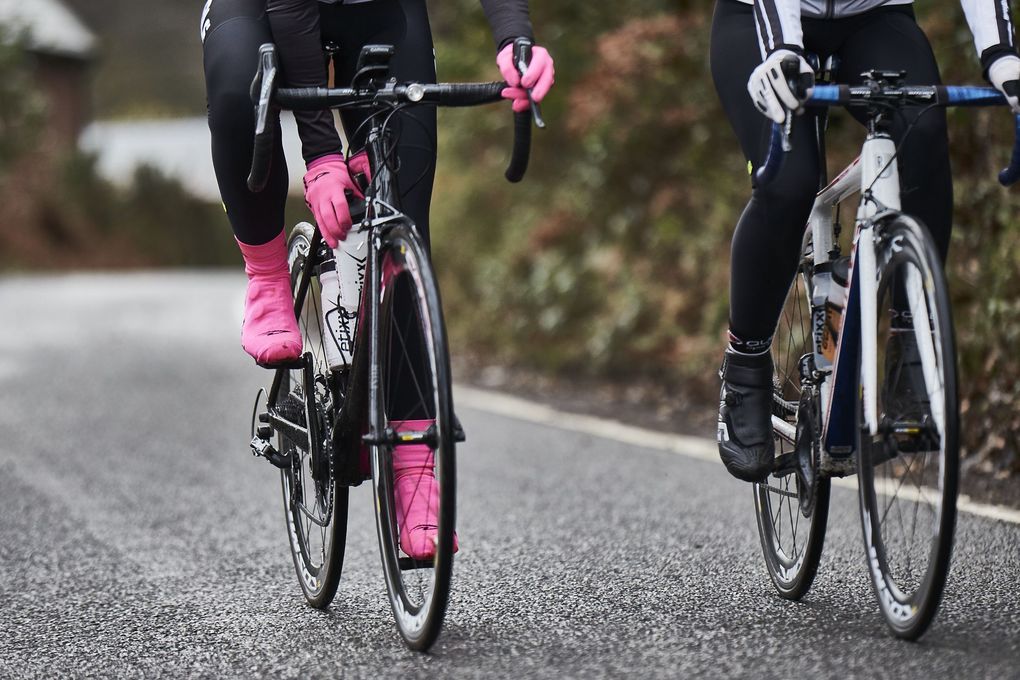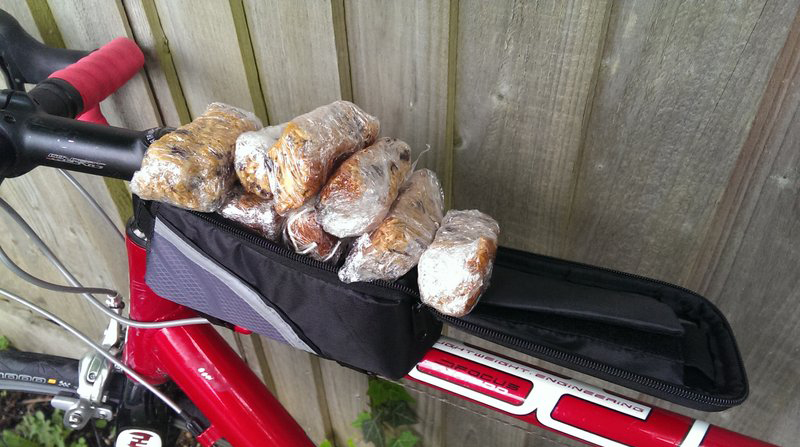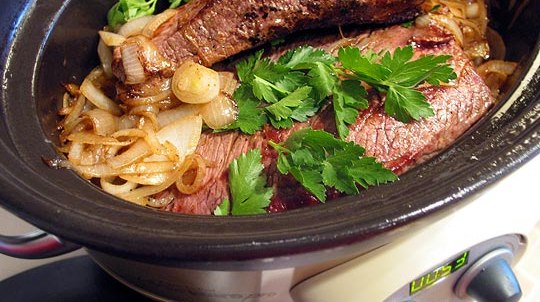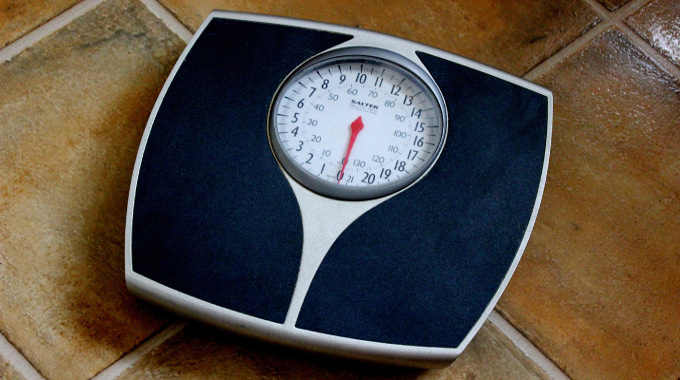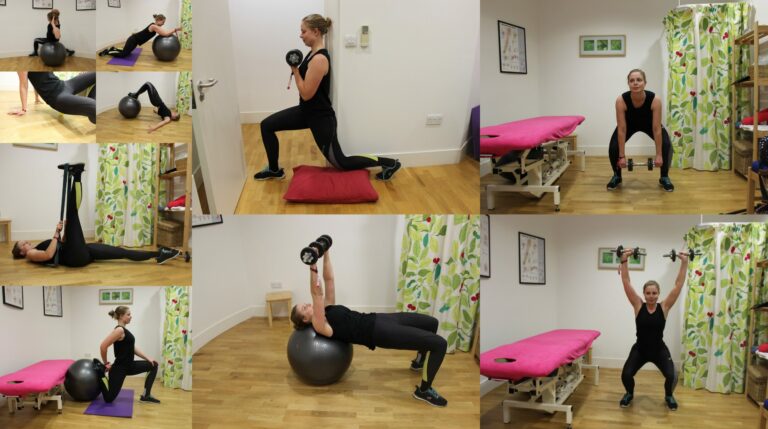Cycling over winter brings with it several challenges – more punctures, fewer daylight hours and the general discomfort of riding in the rain. With all the extra hurdles to jump through (and the sheer amount of time devoted to getting kitted up to even go out) it’s easy to let your dedication to good nutrition slide.
Unfortunately, winter is probably the season where paying attention to your nutrition becomes most crucial. Whilst getting cold and wet doesn’t cause you to get ill, it does lower your immune system. If you tie in the drop in resilience to bugs that your body experiences after a long or hard ride, it’s easy to understand why it’s so important for cyclists to balance their energy requirements at this time of year.
10 Foods to Help Boost Your Immune System
No amount of healthy eating will protect you from every single winter bug or cold out there, but keeping yourself in the best condition possible will certainly give you the best chance of success. Here are some tips to help you on your way…
Eat for what you’re doing
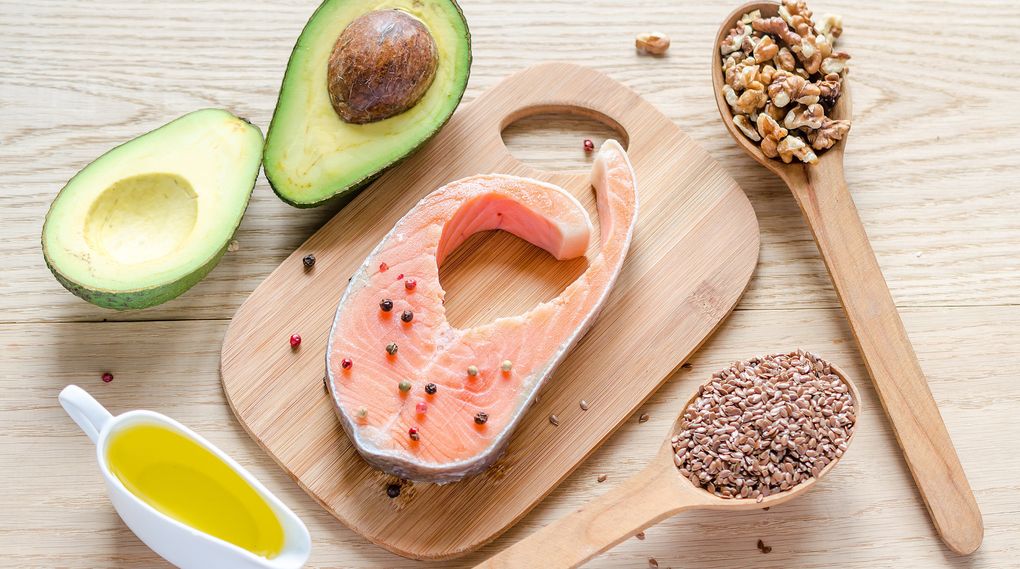
Your daily diet: Many cyclists switch their focus to long, endurance rides over winter. On these rides – which are usually carried out at a lower heart rate – the body generally switches to burning fats as fuel. Therefore, it’s a good idea to include lots of healthy fats in your diet – nuts, seeds, avocado, fatty fish and eggs are all excellent sources.
On long rides: When you’re completing long rides, carbohydrates are still the key to providing energy when on the bike. It can be easy to ignore hunger pangs when the roads are frosty and you just don’t want to stop, but you need to keep your energy levels topped up with regular snacks. Go for items that don’t require you to take your gloves off, and keep them in the pocket that’s easiest for you to reach (usually on the side of your weakest arm, as you’ll be more comfortable keeping your strong arm on the handlebars).
If you’re spending time in the gym: Some riders also like to put a focus on strength over winter – spending more time in the gym than they would in the summer months. When muscles are put under stress, tiny tears form, causing the heavy legs and ‘DOMS’ (delayed onset muscle soreness) we all know and love. Your body needs protein to repair this damage, eventually making muscles stronger. So it you’re upping your gym time, then it’s a good idea to increase your protein consumption.
After a ride: Your immune system is lowered for the first couple of hours after a ride – especially if it’s been cold or wet. So give your body the best chance of a good recovery with a balanced meal containing carbohydrates, proteins and lots of colourful fruit and veg for vitamins and minerals.


